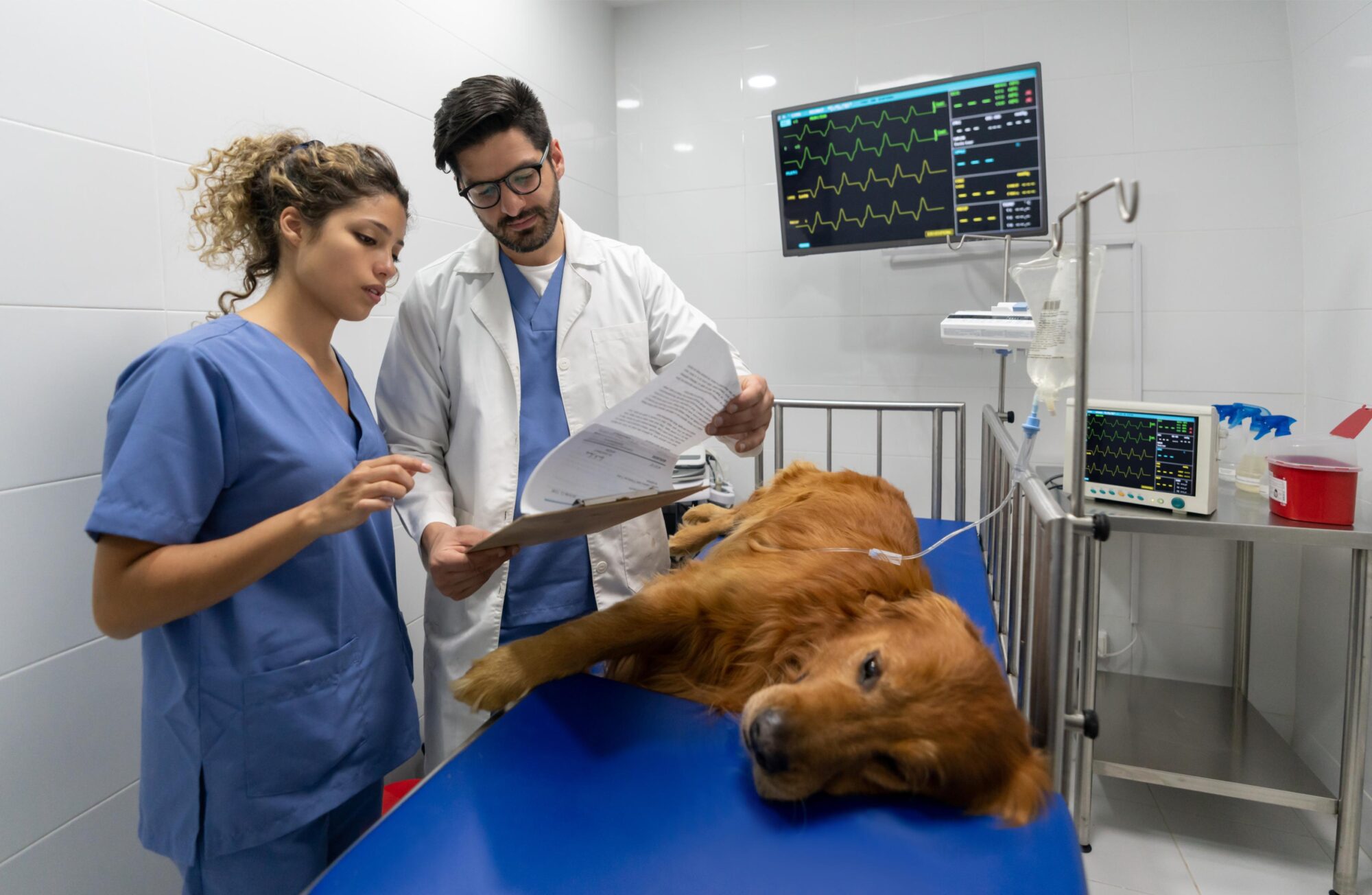Safe Tails: A Vet’s Handbook to Pet Emergency Readiness

Curem Veterinary Clinic knows first-hand how scary pet emergencies can be. We want to give you tools to help your pet in the face of a major illness or accident by helping you with your pet emergency preparedness knowledge. Knowing what to do and when to do it can make all the difference.
Veterinary Advice for Emergencies
How you react and what you do when your pet is in trouble is very important. Our veterinary team has some tips for all pet owners who are faced with an emergency.
Consider:
- It is never wrong to use our urgent care services or head to the emergency room. It is hard to recognize some pet emergencies, and it is always better to have your pet checked.
- That you should always call us before coming so that we can direct you to the best care options for your pet, prepare for your arrival, and help you to provide minor triage care for your four-legged patient.
- It is best to minimize handling of a sick or injured pet as much as possible. Utilize a thick towel or blanket and a muzzle when necessary to stay safe. Even the sweetest patients may bite or scratch when scared or hurting. (Avoid a muzzle if the pet is actively vomiting or having breathing trouble)
- Bringing any medications that your pet takes regularly along with you to avoid questions. If your pet may have ingested something toxic, bring along any packaging you have.
- Communication is key! The more you can tell us about who, what, when, why, and where, the better. Your pets cannot speak and tell us, and we rely on you to provide a good history. This includes exposure to potentially illegal substances.
Pet Emergency Preparedness
Helping yourself to be better equipped to handle an urgent situation is key to pet emergency preparedness. A little bit of planning and self-education can really go a long way.
So how can you be better prepared should disaster strike?
- Take time for creating a pet first-aid kit containing basic supplies that you may need
- Invest in learning basic pet first aid and/or CPR
- Keeping a basic pet first-aid book on your bookshelf
- Create a “go” kit with your pet’s basic records, pet insurance information, and medications that is easy to grab on the fly
- Know where local veterinary emergency options are located (it can be helpful to research this when traveling with a pet as well)
- Keep basic pet transportation equipment like carriers and leashes in an easily accessible place
No one wants to have a pet emergency, but being prepared can help you to stay calm and get your pet the help that they need. While it is sometimes hard to know when to seek immediate veterinary care, it is never wrong to give us a call to discuss. Chances are, if you are worried, it is worth checking out.
